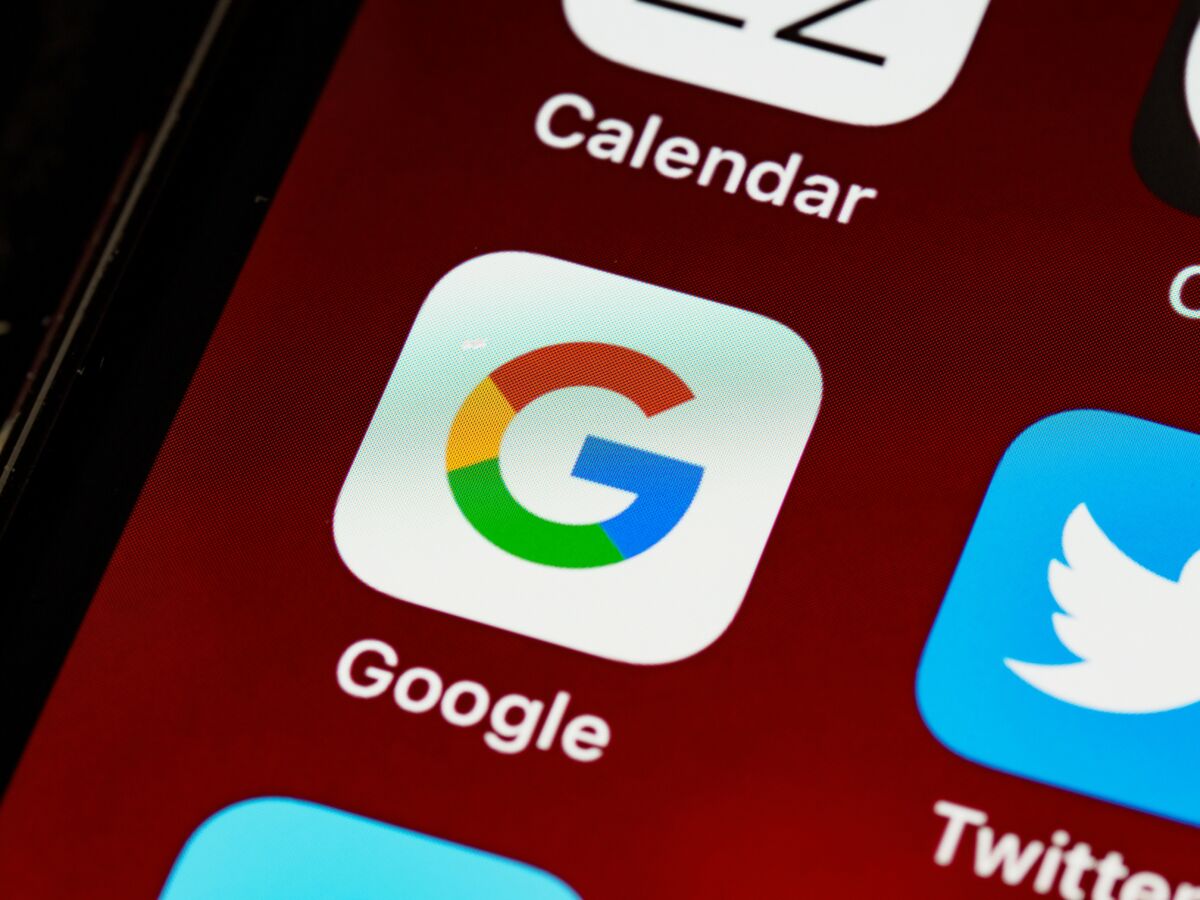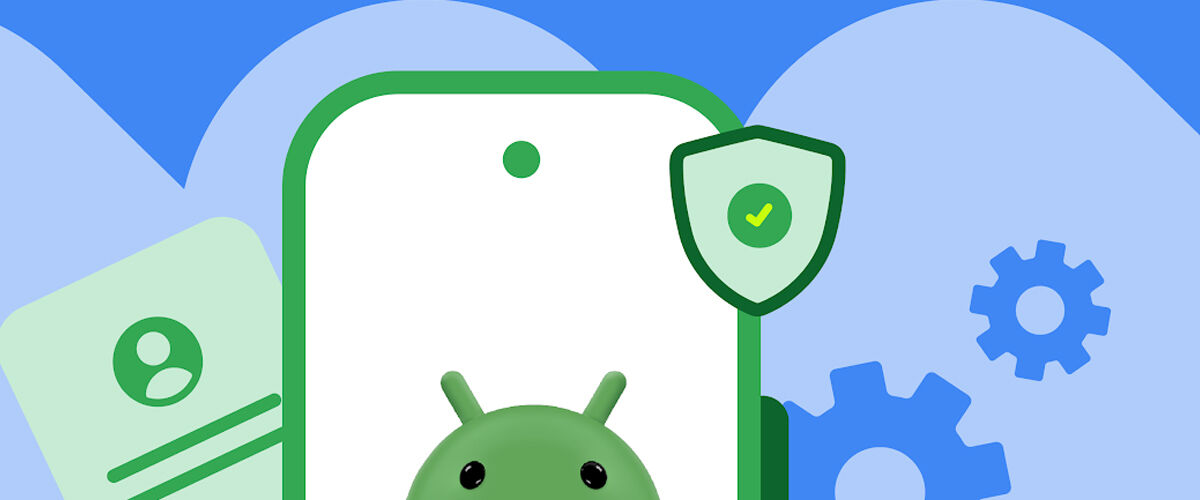Say goodbye to downloading unverified apps outside of the Google Play Store soon. As part of its efforts to tighten security measures around sideloading, the act of installing software obtained from a third-party source rather than an official retailer, Google will remove anonymity for developers who distribute their apps on Android devices.

Under the new requirements, they are required to provide the tech juggernaut with personal details like their legal name, address, email, and phone number. The change only affects developers who launch their apps on other app stores or a direct-download platform, as identity verification is already in place for Google Play.
The decision comes after Google’s own survey highlighted “over 50 times more malware from internet-sideloaded sources than on apps available through Google Play.” However, it emphasises that the verification process won’t prevent developers from distributing their apps elsewhere, likening it more to “an ID check at the airport” instead of a full review of its contents.
“By making Android safer, we’re protecting the open environment that allows developers and users to confidently create and connect,” said the company in an announcement post. “Android’s new developer verification is an extra layer of security that deters bad actors and makes it harder for them to spread harm.”
The update will begin rolling out in late 2026, with Singapore included in the first wave alongside Brazil, Indonesia, and Thailand. A global release is planned for “2027 and beyond”, while a new in-development Android Developer Console seeks to keep the platform open for student and hobbyist developers by placing restrictions on the number of apps and installs.














